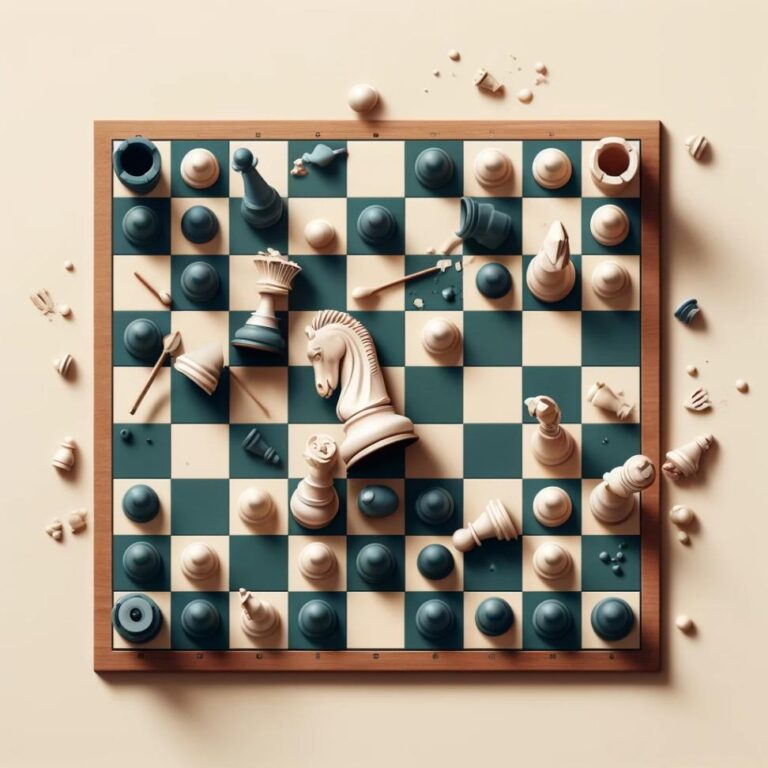Introduction
Chess is a game of strategy, patience, and critical thinking. It´s a game that has captured the minds of people for centuries and has evolved into a widely popular competitive sport. But in order to improve in chess, it´s not enough to just play and learn different openings and tactics. It´s also important to analyze your games and reflect on your mistakes and weaknesses. In this article, we will discuss tips on how to analyze your chess games effectively and use it as a tool for improvement.
Review the Opening Phase
The opening phase of a chess game is crucial as it sets the tone for the entire game. It´s important to review and analyze this phase as it can reveal a lot about your opponent´s style and your personal preferences. Some players might prefer a more aggressive opening while others might opt for a more positional style. By analyzing the opening moves of your games, you can identify patterns in your play and make adjustments accordingly. Additionally, studying different opening variations and understanding their advantages and disadvantages can help you make better decisions in future games.
- Any mistakes or inaccuracies made by you or your opponent.
- The development of pieces and control of the center.
- Any pawn weaknesses created or exploited.
- Your overall strategy and whether it was successful.
Assess the Midgame
The midgame is where the real battle begins. It´s the phase where players try to gain an advantage and start attacking their opponent´s pieces. Analyzing the midgame can help you understand what plans and ideas your opponent had and how you responded to them. It´s also important to look for any tactical opportunities that were missed or taken advantage of.
- The exchange of pieces and whether it benefited you or your opponent.
- Any positional sacrifices made and their impact on the game.
- Identifying any weak squares or pawns in your opponent´s position.
- Double checking your calculation of variations and tactics.
Evaluate the Endgame
The endgame is often the most difficult part of a chess game as it requires precise calculation and endgame technique. It´s important to review this phase of the game to identify any missed opportunities or mistakes that could have changed the outcome of the game. Additionally, studying different endgame positions and techniques can improve your understanding and skill in this critical phase.
- Your pawn structure and whether it was favorable.
- Any potential passed pawns and how they were handled.
- The activity and coordination of your pieces.
- The accuracy of your endgame technique.
Rinse and Repeat
Analyzing your chess games and identifying your strengths and weaknesses is an ongoing process. It´s important to regularly review your games to track your progress and make necessary adjustments. Additionally, as you improve and face stronger opponents, your analysis methods may need to adapt accordingly.
In conclusion, analyzing your chess games is a crucial step in improving your overall gameplay. By reviewing the opening, midgame, and endgame phases, you can identify your strengths and weaknesses and develop a better understanding of your opponent´s style and strategies. Make it a habit to regularly review your games and use it as a tool for continuous improvement. Happy analyzing!

